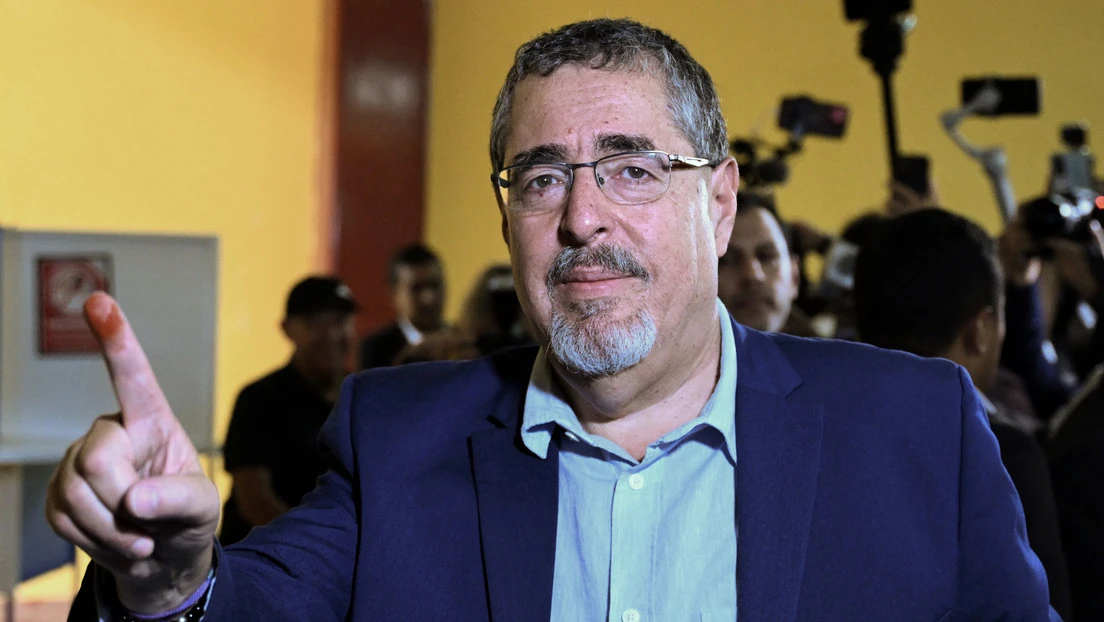The United States and Guatemala are entering a new phase of enhanced cooperation with the presidency of Bernardo Arévalo.
Analysts highlight the need for the U.S., under Joe Biden’s leadership, to firmly support this relationship for Guatemala’s democracy, which is currently fragile.
Biden’s administration aims to leave behind the difficulties encountered during Alejandro Giammattei’s tenure.
Giammattei’s regime, criticized for hindering anti-corruption efforts, contrasted sharply with Washington’s expectations.
Pamela Ruiz, a Central American analyst at the International Crisis Group, notes a previous strain in U.S.-Guatemala relations.
This strain led to the U.S. cutting some funds. Over a hundred legislators and Giammattei’s associates faced U.S. sanctions for actions against democracy and rule of law.
In response, Giammattei accused certain U.S. officials of political and media manipulation.
Bernardo Arévalo, a progressive leader, seeks to change this narrative. He has increased his visits to the U.S. to gain support against legal challenges at home.
His proactive approach contrasts with Giammattei’s, who skipped the 2022 Americas Summit.

Mary Speck from the United States Institute for Peace expects a closer relationship under Arévalo’s leadership.
She emphasizes the mutual democratic values between the two nations.
Rebecca Bill Chavez, from the Inter-American Dialogue, stresses the regional significance of this relationship.
Guatemala’s democracy is at a critical point, requiring vigilant U.S. support.
Chavez points out that Washington is considering new anti-corruption initiatives, aligning with Arévalo’s goals.
Towards a Centrist Stance
Looking ahead to 2024, U.S. presidential elections could impact this evolving relationship.
However, Ruiz believes that the U.S. will continue its collaborative focus with Guatemala, regardless of the election outcome.
The focus will be on mutual interests: migration, development, and battling corruption. Arévalo has cultivated relationships with both U.S. political parties.
His progressive yet centrist approach has helped him build connections with U.S. Republicans and business sectors in Guatemala, Speck explains.
In Guatemala, Arévalo confronts domestic challenges.
He must navigate a judiciary that has initiated investigations against his party members and govern without a parliamentary majority.
These challenges represent major obstacles in a country where the public has protested against a politically and economically powerful elite.

